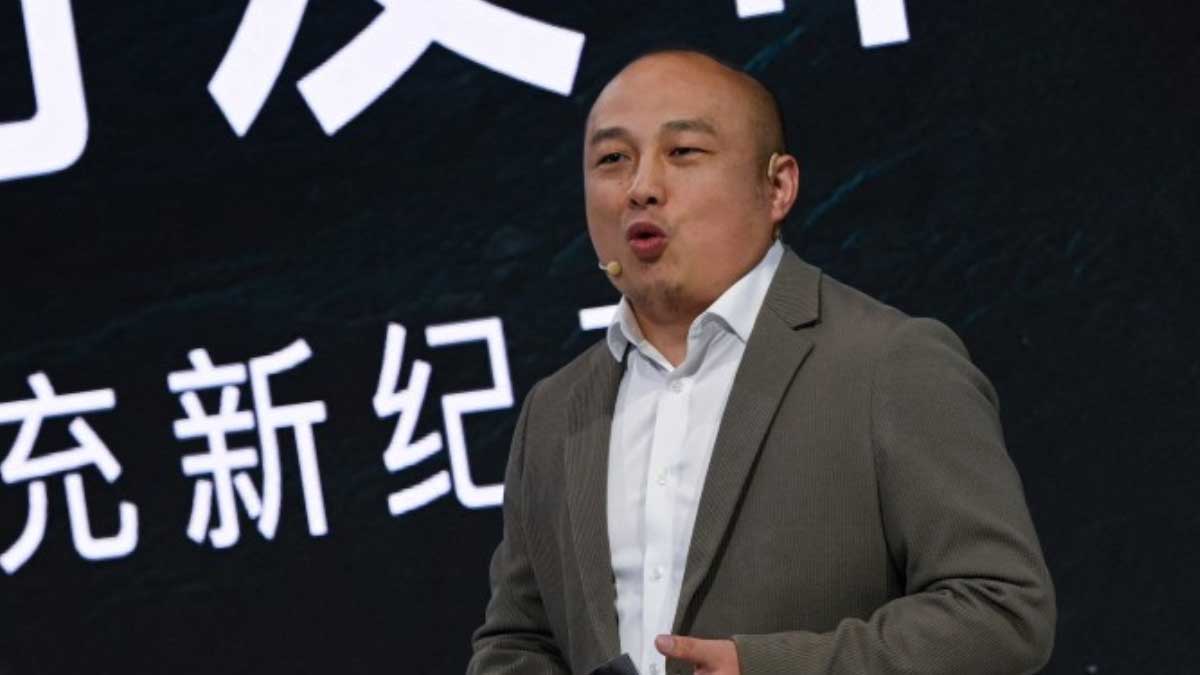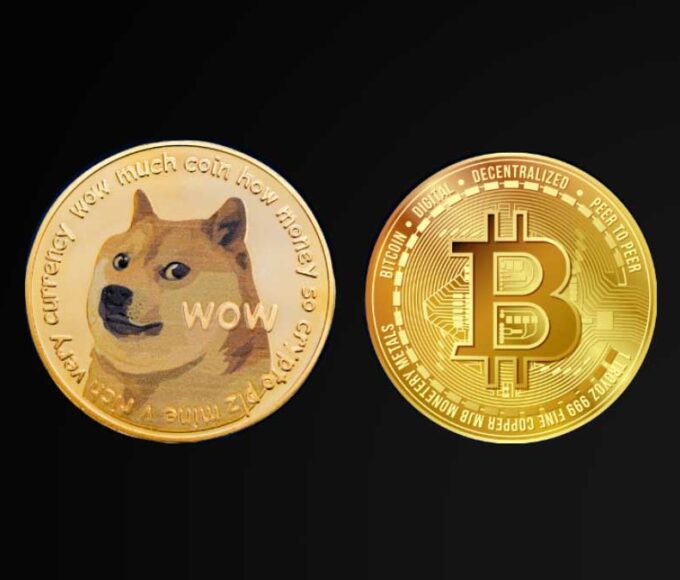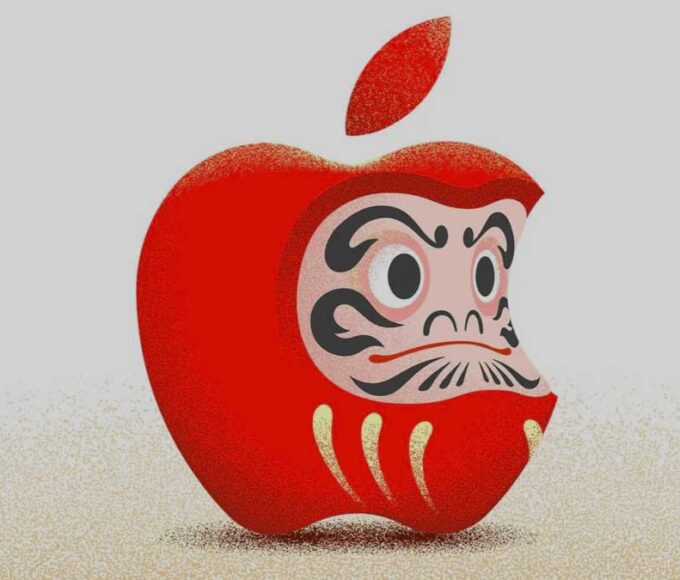- Home
- Billionaires
- Investing Newsletters
- 193CC 1000
- Article Layout 2
- Article Layout 3
- Article Layout 4
- Article Layout 5
- Article Layout 6
- Article Layout 7
- Article Layout 8
- Article Layout 9
- Article Layout 10
- Article Layout 11
- Article Layout 12
- Article Layout 13
- Article Layout 14
- Article Sidebar
- Post Format
- pages
- Archive Layouts
- Post Gallery
- Post Video Background
- Post Review
- Sponsored Post
- Leadership
- Business
- Money
- Small Business
- Innovation
- Shop
Recent Posts
Chinese Battery Firms Confront IP and Political Challenges

The rise of high-quality, low-cost batteries, essential for powering clean technologies like electric vehicles (EVs) and energy storage, plays a crucial role in the global green transition. Notably, the majority of these batteries are produced by Chinese companies. While the Biden administration attributes their success to “unfair, non-market practices,” it is also significant that China’s traditional automotive market remains underdeveloped compared to the United States. This gap has led Chinese consumers to rapidly adopt affordable, domestically-produced electric vehicles, spurring further growth in the battery sector.
According to Bloomberg NEF, China’s production capabilities have reached a level where they can meet all global demand for lithium-ion batteries. However, this success has raised alarms among American lawmakers, who view it as a comprehensive national security threat posed by Chinese firms. As a result, companies like Ford Motors and Duke Energy have faced scrutiny for their partnerships with China’s Contemporary Amperex Technology Co., Limited (CATL) and its batteries. Ford recently scaled back plans for a joint factory in Michigan with CATL, while Duke is moving away from using CATL products for both military and civilian projects.
CATL is among the companies mentioned in the “Decoupling From Foreign Adversarial Battery Dependence Act,” which passed the House of Representatives earlier this month. This legislation prohibits the Department of Homeland Security from procuring batteries or related services from six specified Chinese firms, with the law set to take effect in October 2027. However, experts suggest that three years may not be sufficient for the U.S. battery industry to develop competitive domestic alternatives. Some estimate that it could take between five to ten years for viable solutions to emerge, particularly for battery technologies that do not rely on lithium-ion components.
Recognizing these challenges, the new legislation includes a waiver provision that allows for exceptions if no comparable alternatives are available. Even if Chinese companies can navigate the political landscape in Washington, they still face significant hurdles related to intellectual property (IP) disputes. Hilary Preston, Vice Chair at Vinson & Elkins, notes that efforts by Chinese firms to commercialize their products in the U.S. have often been met with litigation on both sides of the Pacific.
High-profile battery manufacturers, including COSMX, ATL, and CATL, are engaged in a competitive struggle to secure their market positions in the U.S., partly through defending their IP rights. Patent holders, feeling justified in their investments in research and development, are unwilling to forgo royalties if they believe competitors are infringing on their patents. This competitive atmosphere has intensified as the demand for batteries has surged, especially with the increasing importance of renewable energy technologies.
As the value of the battery market continues to rise, so too does the potential for litigation over intellectual property. Preston suggests that while more lawsuits are likely, they do not necessarily mean that Chinese batteries will be entirely shut out of the U.S. market. Instead, companies may incorporate the costs associated with IP royalties into their business models, allowing them to maintain a foothold in the industry.
The importance of Chinese-made batteries extends beyond just EVs; the U.S. will need a range of clean energy products to achieve its decarbonization goals. Older technologies, such as solar panels, remain vital, and the Biden administration has also imposed a 50% tariff on Chinese solar products to protect domestic interests.
In addition to protective measures, the Biden administration is working to expedite the patent approval process for key technologies. Initiatives like the Patent and Trademark Office’s Climate Change Mitigation Pilot Program aim to accelerate the examination of patent applications related to climate change solutions. Many of these innovations may not be entirely new but are instead advancements that have not yet been sufficiently commercialized to meet growing demand. Recent years have seen a dramatic rise in patent applications in sectors such as solar cells, clean hydrogen, and batteries.
Chinese authorities are equally focused on enhancing the commercialization of existing patents, particularly in areas deemed critical to national interests. In February, China’s intellectual property administration released a work plan aimed at streamlining and expediting the processing of existing patent applications.
The progress—or lack thereof—on renewable energy innovations by both superpowers reflects the state of their respective intellectual property regimes. Ensuring robust IP protection for American companies is essential for fostering domestic innovation. By attracting investment and assuring inventors that their creations are secure, the U.S. can bolster its competitive edge in the global technological landscape.
In conclusion, the challenges facing Chinese battery firms are emblematic of broader geopolitical tensions. The intersection of U.S.-China relations, intellectual property disputes, and the urgent need for clean energy solutions shapes the future of the battery industry and, by extension, the global green transition. As both nations navigate these complexities, the outcomes will significantly influence the direction of energy technologies and their roles in addressing climate change.
Recent Posts
Categories
- 193 Countries Consortium Partner1
- 193cc Digital Assets2
- 5G1
- Aerospace & Defense48
- AI37
- Arts3
- Banking & Insurance11
- Big Data3
- Billionaires1,467
- Boats & Planes1
- Business332
- Careers13
- Cars & Bikes79
- CEO Network1
- CFO Network17
- CHRO Network1
- CIO Network1
- Cloud10
- CMO Network18
- Commercial Real Estate7
- Consultant1
- Consumer Tech194
- CxO1
- Cybersecurity73
- Dining1
- Diversity, Equity & Inclusion4
- Education7
- Energy8
- Enterprise Tech29
- Events11
- Fintech1
- Food & Drink2
- Franchises1
- Freelance1
- Future Of Work2
- Games149
- GIG1
- Healthcare79
- Hollywood & Entertainment203
- Houses1
- India’s 1000 Richest1
- Innovation46
- Investing2
- Investing Newsletters4
- Leadership65
- Lifestyle11
- Manufacturing1
- Markets20
- Media327
- Mobile phone1
- Money13
- Personal Finance2
- Policy569
- Real Estate1
- Research6
- Retail1
- Retirement1
- Small Business1
- SportsMoney42
- Style & Beauty1
- Success Income1
- Taxes2
- Travel10
- Uncategorized14
- Vices1
- Watches & Jewelry2
- world's billionaires1,436
- Worlds Richest Self-Made Women2
Related Articles
HBO and Cablevision Founder Charles Dolan Dies at 98
Charles Dolan, the visionary founder of HBO and Cablevision, passed away at...
By 193cc Agency CouncilDecember 30, 2024Bitcoin Reaches $100K, But Altcoins Outperform in 2024
Bitcoin’s performance in 2024 was nothing short of historic, as it crossed...
By 193cc Agency CouncilDecember 28, 2024Apple Unveils Limited-Edition Year of the Snake AirTag in Japan
In an announcement that will likely leave Apple enthusiasts excited but also...
By 193cc Agency CouncilDecember 27, 2024Mega Millions Jackpot Hits $1.15B; Winner Faces Major Taxes
The Mega Millions jackpot has soared to an estimated $1.15 billion, following...
By 193cc Agency CouncilDecember 26, 2024















Leave a comment